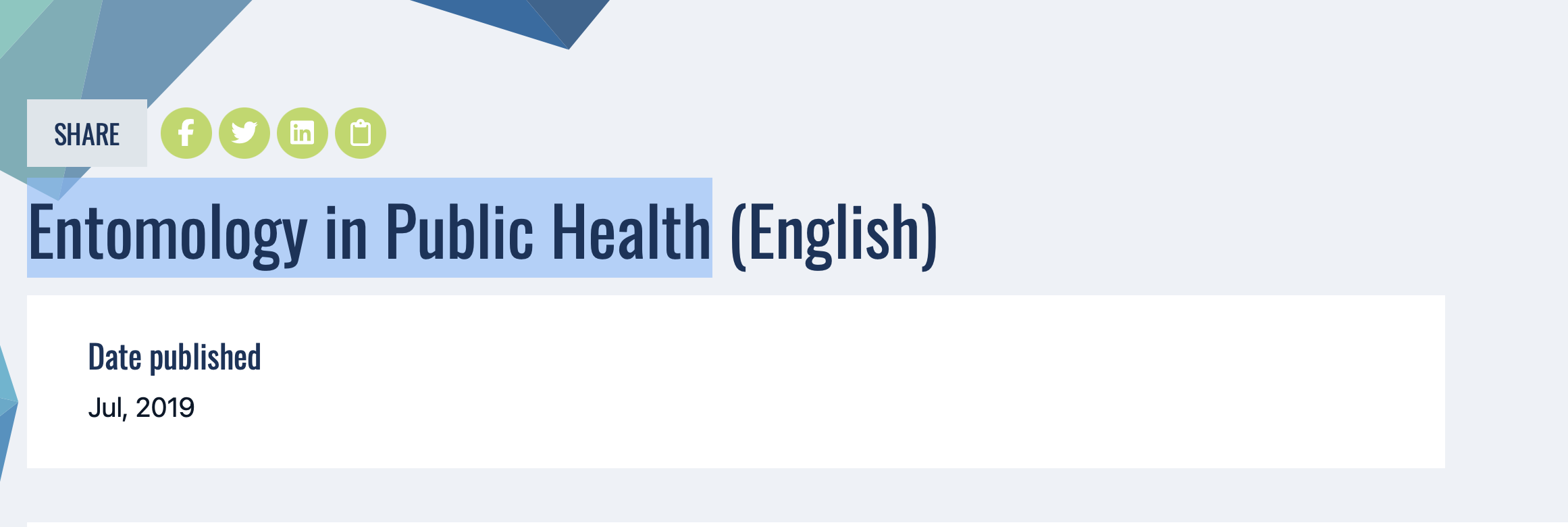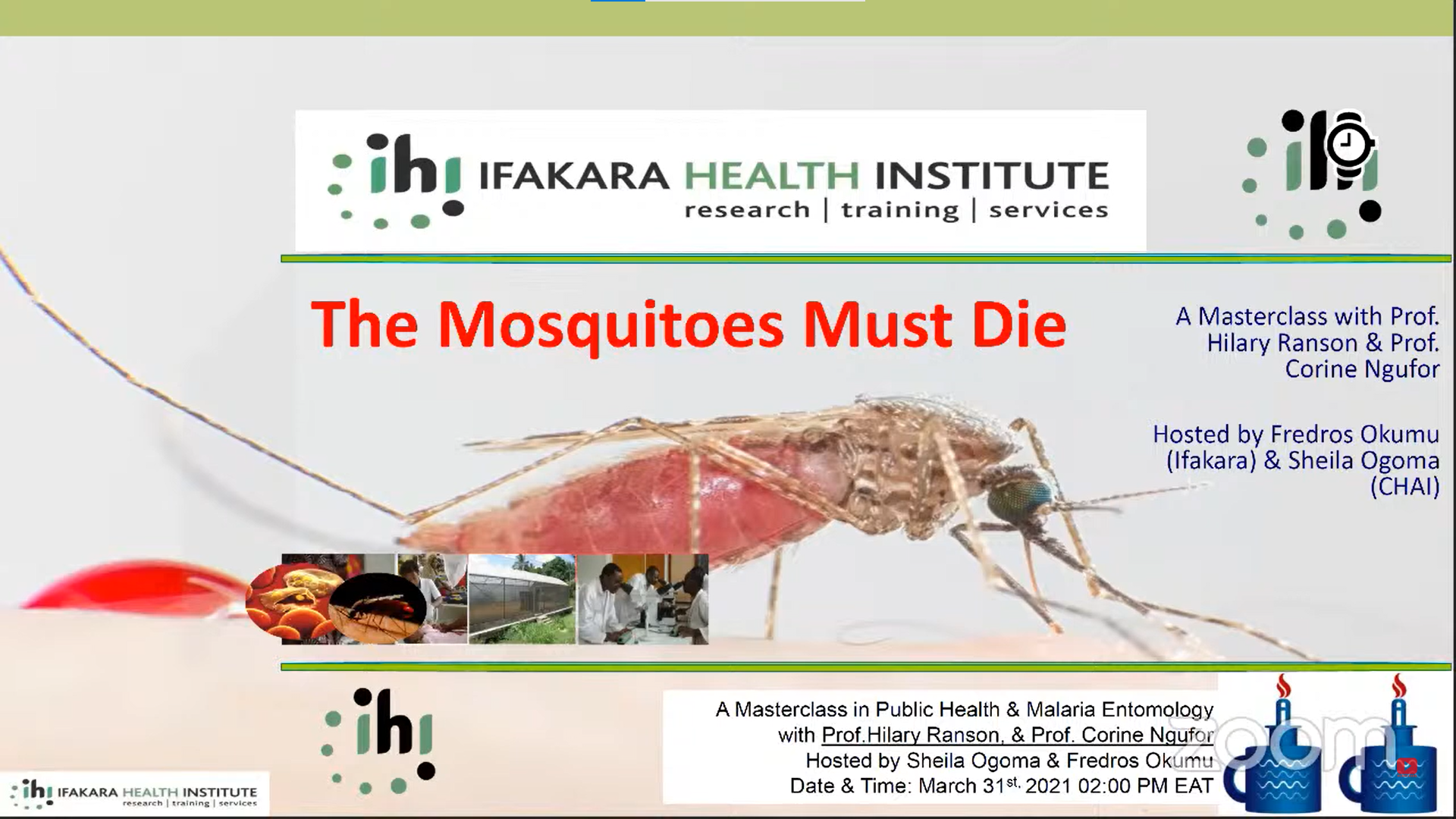Last Updated: 27/05/2025
Monitoring the development of resistance to the novel insecticide clothianidin in Anopheles gambiae
Objectives
To study the development of resistance to clothianidin, a new insecticide recently approved for indoor residual spraying.
The specific aims of our project are:
- To monitor the susceptibility of An. gambiae to clothianidin in Cameroon,
- To evaluate the development and establishment of resistance in clothianidin-selected populations of An. gambiae, and
- To determine the genetic loci underlying resistance to clothianidin.
Liverpool School of Tropical Medicine (LSTM), United Kingdom
Despite ongoing efforts to diversify malaria control interventions with new technologies such as the use of transgenic mosquitoes to suppress or replace wild vector populations, insecticides remain the cornerstone of strategies aimed at reducing the global burden of this disease. In sub-Saharan Africa in particular, the massive deployment of long-lasting insecticidal nets and indoor residual spraying has contributed to a significant reduction in malaria incidence in just two decades. For this reason, the development of insecticide resistance currently observed among vector populations is regarded as a very serious thread that can quickly undermine recent gains in malaria control. To preserve the effectiveness of insecticides used for malaria vector control, target interventions informed by sufficient knowledge of the susceptibility profile of local populations are more than crucial. Our project aims to study the development of resistance to clothianidin, a new insecticide recently approved for indoor residual spraying. To achieve our goal, we will capitalize on an international collaboration between Liverpool School of Topical Medicine in the UK, Centre for Research in Infectious Diseases in Cameroon as well as notional and international partners directly involved in the fight against malaria in Cameroon. This collaboration will foster capacity building and transfer of technologies in order to promote the use state- of-the-art genomic and functional genomic tools to address the underpinnings of insecticide resistance in malaria vectors in endemic countries. The specific aims of our project are: 1) to monitor the susceptibility of An. gambiae to clothianidin in Cameroon, 2) to evaluate the development and establishment of resistance in clothianidin-selected populations of An. gambiae, and 3) to determine the genetic loci underlying resistance to clothianidin.
May 2020 — Apr 2025
$135,000

